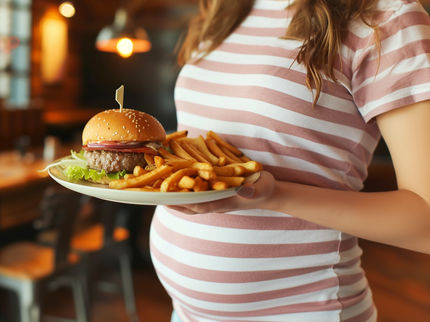The microbiome of a woman's reproductive tract may predict preterm birth
Advertisement
The microbiomes in the reproductive tracts of pregnant women who later had a baby born too soon are significantly different from those of women who delivered full term.
Researchers at the March of Dimes Prematurity Research Center at Stanford University took weekly samples of the microorganisms from the teeth and gums, saliva, reproductive tract, and stool from 49 pregnant women. They found little change in the bacterial communities in each woman, week to week at each location. But they did find that microbial communities in the reproductive tracts of women who delivered their babies too soon were different from those of women who delivered full term. Those differences were found early in the pregnancies and tended to persist throughout the pregnancies.
"These findings may help us screen women and identify and predict those who are more likely to have a baby born too soon," said David Relman, MD, a professor of microbiology, immunology, and of medicine at the Stanford University School of Medicine and the lead investigator for the research center on this project.
Preterm birth is the number one killer of newborns and serious gaps exist between racial and ethnic groups. Worldwide, 15 million babies are born preterm, and more than one million die due to complications of an early birth. Babies who survive an early birth face serious and lifelong health problems.
The researchers also found that the patterns of women's microbiomes changed immediately after they delivered their babies, and did not revert back to pre-pregnancy patterns in some cases until at least a year later.
"This might explain why women with closely spaced pregnancies have a higher risk of preterm birth," said Dr. Relman.
Original publication
Daniel B. DiGiulio, Benjamin J. Callahana, Paul J. McMurdie, Elizabeth K. Costello, Deirdre J. Lyell, Anna Robaczewska, Christine L. Suna, Daniela S. A. Goltsman, Ronald J. Wong, Gary Shaw, David K. Stevenson, Susan P. Holmes, and David A. Relman; "Temporal and Spatial Variation of the Human Microbiota During Pregnancy"; PNAS, 2015



























































